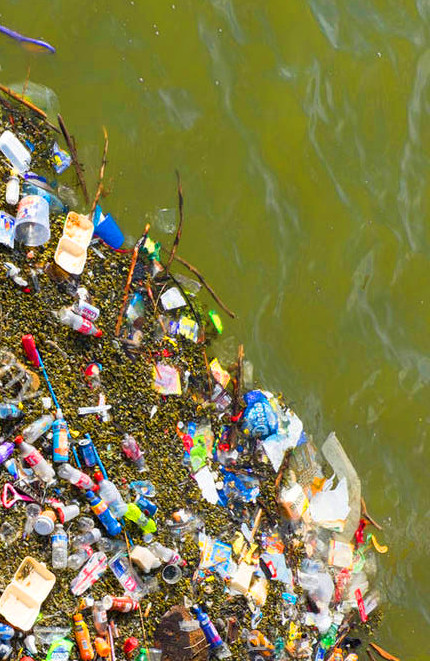Plastic condition detailed
 Scientists have classified a new disease caused by plastic ingestion.
Scientists have classified a new disease caused by plastic ingestion.
Researchers have been studying the effect that plastic ingestion has on the formation of scar tissue within the stomach of flesh-footed shearwater birds from Lord Howe Island.
While scar tissue formation is a natural part of the healing process, excessive scarring can impact tissue function and cause disease. This is known as fibrosis.
What the researchers from Adrift Lab found was that (somewhat unsurprisingly) the ingestion of plastic was directly linked to the presence of severe, organ-wide scar tissue formation in the stomach, with some birds sadly exhibiting a near-complete loss of tissue structure due to plastic ingestion.
The results are the first-time plastic-related scar tissue formation has been documented in wild animals.
What the team observed was often so severe that it led them to propose a new disease, ‘plasticosis’ - fibrosis because of exposure to plastic.
Dr Alex Bond, who co-authored the study, says; “While these birds can look healthy on the outside, they're not doing well on the inside”.
“This study is the first time that stomach tissue has been investigated in this way and shows that plastic consumption can cause serious damage to these birds' digestive system,” he said.
While plasticosis is only known from one species so far, the scale of plastic pollution means that it may be much more widespread. It could even be having impacts on human health.
The findings of the research were published in the Journal of Hazardous Materials.
Plasticosis is a fibrotic disease that results from repeated inflammation and excessive scarring.
Scar tissue usually forms temporarily after an injury to support healing, but when inflammation occurs frequently, it can lead to the formation of an excessive amount of scar tissue, which can reduce the flexibility of the tissues and alter their structure.
Researchers discovered flesh-footed shearwaters of Lord Howe Island had the highest plastic contamination in the world due to their consumption of plastic pieces at sea, mistaking them for food.
The irritation caused by plastic shards digging into the stomach tissue leads to widespread scarring of the proventriculus, the first chamber of the bird's stomach, causing similar wounds in the birds.
The consistency of the scarring led the researchers to describe plasticosis as a specific disease, similar to other fibrotic diseases caused by inorganic materials like silicosis and asbestosis.
While plasticosis is only known to affect the digestive system at present, there are indications that it could also be affecting other parts of the body, such as the lungs.
The researchers brought back the term plasticosis because of its resemblance to other fibrotic diseases caused by inorganic materials, although it was previously used to describe the breakdown of plastic in joint replacements, which was not a common use of the term.








 Print
Print